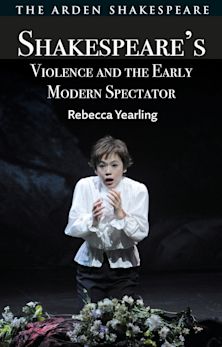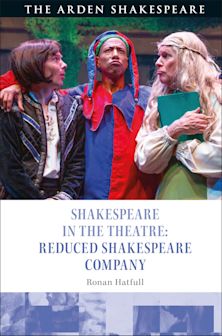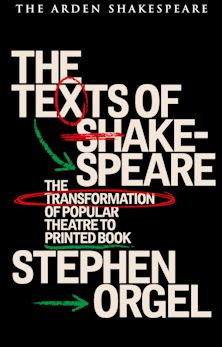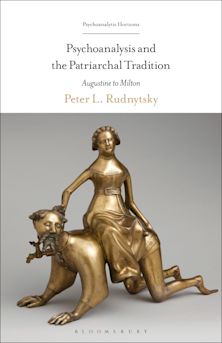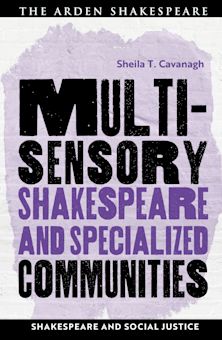- Home
- ACADEMIC
- Literary Studies
- Shakespeare Studies
- Shakespeare’s Dramatic Persons
Shakespeare’s Dramatic Persons
You must sign in to add this item to your wishlist. Please sign in or create an account
Description
In Shakespeare’s Dramatic Persons, Travis Curtright examines the influence of the classical rhetorical tradition on early modern theories of acting in a careful study of and selection from Shakespeare’s most famous characters and successful plays. Curtright demonstrates that “personation”—the early modern term for playing a role—is a rhetorical acting style that could provide audiences with lifelike characters and action, including the theatrical illusion that dramatic persons possess interiority or inwardness.
Shakespeare’s Dramatic Persons focuses on major characters such as Richard III, Katherina, Benedick, and Iago and ranges from Shakespeare’s early to late work, exploring particular rhetorical forms and how they function in five different plays. At the end of this study, Curtright envisions how Richard Burbage, Shakespeare’s best actor, might have employed the theatrical convention of directly addressing audience members.
Though personation clearly differs from the realism aspired to in modern approaches to the stage, Curtright reveals how Shakespeare’s sophisticated use and development of persuasion’s arts would have provided early modern actors with their own means and sense of performing lifelike dramatic persons.
Table of Contents
Introduction: Actors and Orators
1. King Richard III and Characters as Actors
2. Kate’s Audacious Speech of Submission
3. Much Ado about Personation
4. Iago’s Acting Style
5. Marina as Charorator
Conclusion: Direct Address as an “Original Practice”
Bibliography
Index
Product details
| Published | 05 Dec 2016 |
|---|---|
| Format | Ebook (PDF) |
| Edition | 1st |
| Extent | 196 |
| ISBN | 9781683938491 |
| Imprint | Fairleigh Dickinson University Press |
| Publisher | Bloomsbury Publishing |
About the contributors
Reviews
-
In 1615, John Webster famously observed of 'the excellent actor' that 'whatsoever is commendable to the grave orator is most exquisitely perfect in him.' In this thoroughly persuasive book, Travis Curtright demonstrates that playwrights, like excellent actors, were accomplished rhetoricians; that Shakespeare, in different ways over the course of his career, created dramatic characters from the building blocks of formal rhetorical devices; and that how characters speak and argue and persuade create the illusion of psychology, emotion, inwardness, and subjectivity. There is no other book like it.
Cary M. Mazer, University of Pennsylvania
-
Travis Curtright’s book is one of those rare books on Shakespeare that combines the scholar’s understanding of the architecture and language of Shakespeare’s plays with the practitioner’s understanding of how that information is useful to the actor and the director. Here’s a book that teaches you about rhetoric and character at the same time that it teaches you why it matters on the stage. In front of me on my desk I keep a row of books I know I’ll need to dip back into as I work: Shakespeare’s Dramatic Persons will make that row.
Ralph Alan Cohen, Gonder Professor of Shakespeare, Mary Baldwin University; Founder Executive Director, American Shakespeare Center














